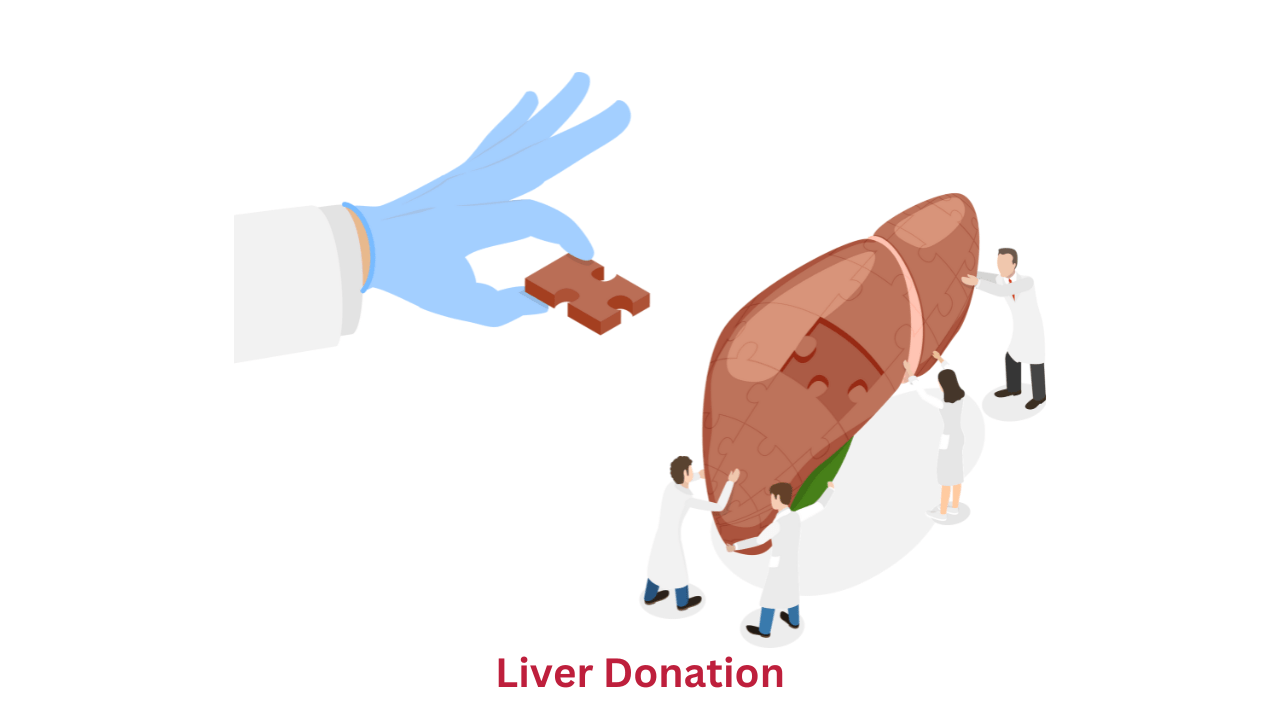Liver Donation
This article is intended for an international audience of medical care providers and learners.
This activity aims for learners to better apply the latest scientific knowledge.
Upon completing the article, you will have increased knowledge regarding the subject and use it with great confidence.
H2 Introduction
Liver donation is a pious act of charity. If you donate your liver to someone, you are prolonging his life. You are bestowing life on him.
It is unlike kidney donation, where one whole kidney is removed and donated. In liver donation, only some part of your liver is removed.
In the case of kidneys, dialysis is there to support the patient’s life, but in the case of livers, no such procedure is available to date.
The liver performs more than 500 functions and is unique in its ability to regenerate rapidly. Even when 75% of the liver is removed, it proliferates, attains its standard size, and functions properly.
Donating your liver ( part of it) has no adverse effect on your health, as your liver will regenerate rapidly and function properly.
Living liver donation is a major surgical procedure and carries all complications of surgery as well as that of anesthesia.
Now, liver donation is a very safe operation in specially designated hospitals that provide state-of-the-art techniques. Before donation, experts perform meticulous physical and mental examinations. Counseling is done. A thorough evaluation of your health is performed and certified.
Mortality is only 0.1% and morbidity is 30%.
H2 Complications of liver donation are:
1. Complications of general surgery and anesthesia.
2. Bleeding
3. Blood clot formation
4. Wound infection
5. Wound dehiscence
6. Bile leaks
7. Hernia
8. Pain and discomfort at the site of incision.
9. Nausea and vomiting.
10. Psychiatric problems may develop anxiety, depression, etc.
11. In some cases, the liver may fail to regenerate or work properly after the removal of a portion of the liver -it may become fatal.
A seven-day hospital stay is mandatory.
It takes about three months for a full recovery.
Disclaimer: All possible measures have been taken to ensure the accuracy and reliability of the information; however, ‘totalphysiology.com’ does not take any liability for using any information provided by the website solely to the viewers. ‘The information is provided as an educational service and public awareness. It is not medical advice. We advise you to review a reference book in case of any doubt and more accurate and advanced knowledge.
If you have any medical issues, we advise you to seek the advice of a qualified doctor and follow his instructions.
